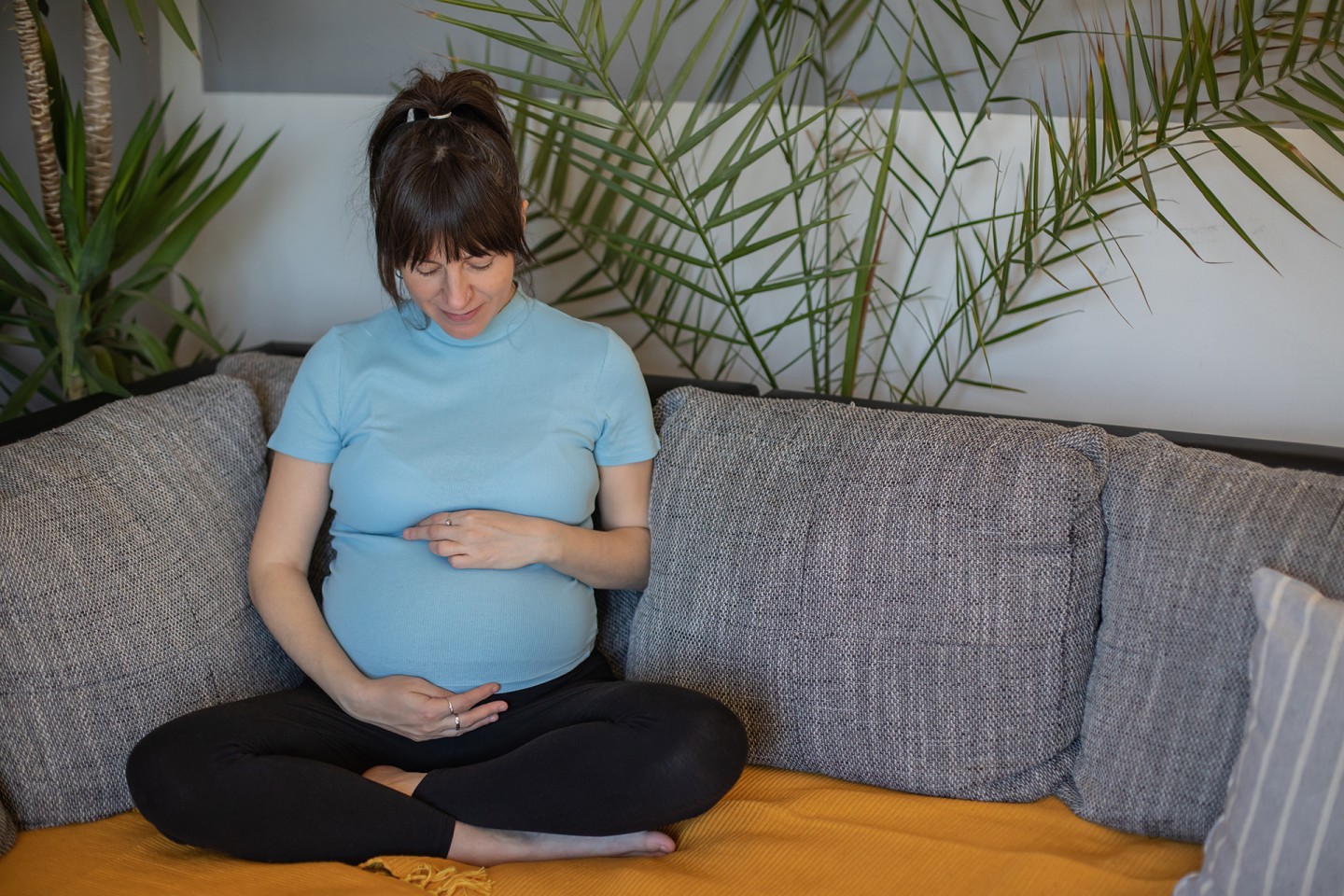Yeast Infections During Pregnancy: Symptoms, Treatment, and Prevention
For many women, pregnancy is a wonderful time, while others can find it very difficult. Whichever is true for you, we can all agree that the experience becomes more challenging and uncomfortable if you develop a yeast infection.
Unfortunately, yeast infections are a fact of life for many people, so we’ve put together some advice to help if you’re worried you may be suffering from one during your pregnancy.
Are yeast infections more common during pregnancy?
Unfortunately, yeast infections are very common during pregnancy, particularly in the second trimester. In fact, you’re more likely to suffer from one while you are pregnant than at any other time.
Vaginal yeast infections during pregnancy
Yeast infections are caused by a naturally occurring – and usually harmless – fungus or yeast within the vagina becoming out of balance. This is more likely to happen during pregnancy due to the many, rapid hormonal changes that occur within your body as your baby develops. Increased levels of estrogen and sugars can disrupt the balance of the microorganisms that naturally coexist within your vagina, leading to a yeast infection.
What are the symptoms of a yeast infection?
The symptoms of a yeast infection are the same during pregnancy as at any other time. They include:
- Itching, irritation and/or redness of the vaginal lips (and sometimes inside the vagina)
- Discharge that has a similar consistency to cottage cheese – usually white in color, sometimes cream or pale tan. Discharge may have an odor similar to bread or yeast, but doesn’t always.
- Increased discharge
- Soreness, stinging or burning sensation while urinating or during sexual intercourse
While pregnant, you may notice your vagina producing a thin, white or clear discharge, usually without a strong odor. This is quite normal and common during pregnancy and, on its own, is not considered a sign of infection or any other health issue.
If you’re unsure of what your symptoms mean, our Symptom Checker is a good place to start. You may also want to read more about how to tell the difference between a yeast infection and a urinary tract infection, as there is some overlap between their symptoms.
Of course, if you are experiencing any unusual symptoms or feel concerned, it’s always best to talk to your doctor or healthcare provider.


Do you have a yeast infection?
Answer a few questions and find out what your symptoms mean.
Is it safe to treat a yeast infection during pregnancy?
So long as you choose the right method, it is completely safe to treat a yeast infection during pregnancy – for both you and your baby. In fact, it is important to do so to avoid the risk of complications and further health issues.
Before starting treatment, be sure to talk to your doctor, healthcare provider or OBGYN about your symptoms and the best way to treat the problem, especially if you have another health condition.
Treatment for yeast infections while pregnant
Most topical antifungal treatments – yeast infection treatments that you apply directly to the affected area or insert into the vagina – are generally considered safe to use during pregnancy. However, many health professionals, including the CDC, specifically recommend using 7-day treatments.
7-day yeast infection treatments are applied to the affected area, usually once a day, every day for a week. This is a safe and effective way to clear the infection and relieve your symptoms. Vaginal itching and irritation can be intense when you have a yeast infection. You may wish to use a specially targeted vaginal itch cream to quickly relieve the discomfort.
Oral yeast infection medications – those that come in tablet or pill form – are a popular form of treatment. However, it’s important to be aware that some of these prescription medications are not recommended for use during pregnancy. In 2018, the FDA warned against the use of fluconazole (a key ingredient of oral yeast infection treatments such as Diflucan®) while pregnant.
How can I prevent yeast infections?
It may be hard to prevent yeast infections entirely while pregnant. However, taking the following precautions may help you avoid developing one:
- Wear breathable, loose clothing, particularly on your lower half.
- Change your clothes as quickly as you can after exercise or swimming, showering first if possible.
- Carefully wash the area around your vagina, making sure to use a gentle vaginal wash.
- Consider taking an FDA-approved probiotic supplement or eat yogurts that contain live cultures.
While it’s no fun to navigate a yeast infection while pregnant, the good news is they can be easily and safely treated, so you can quickly get back to concentrating on your growing family.
